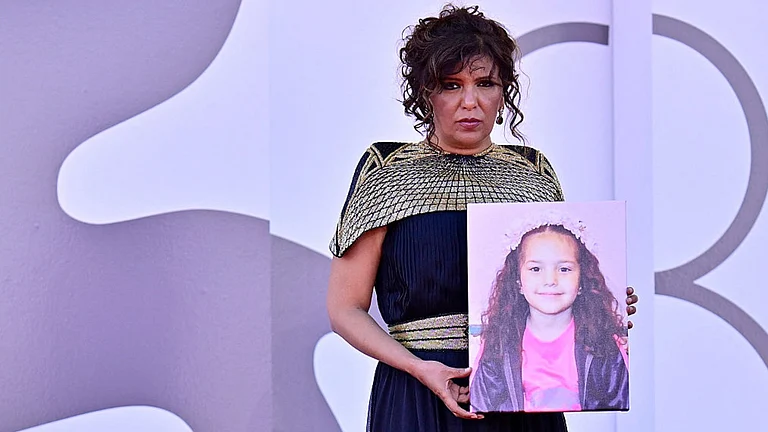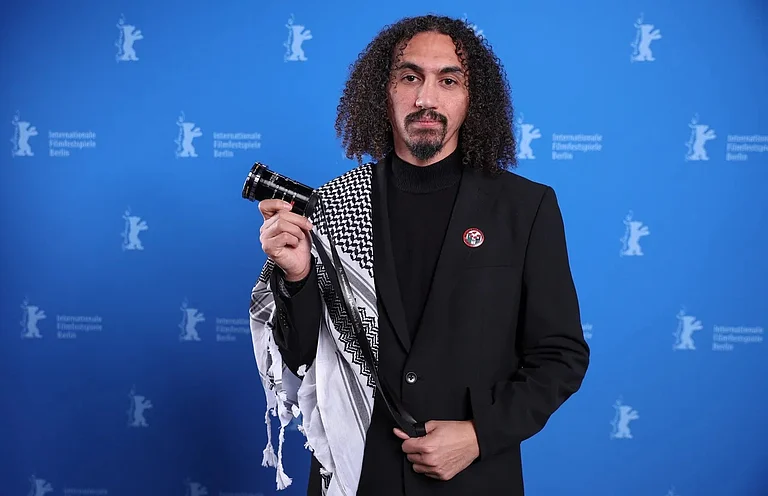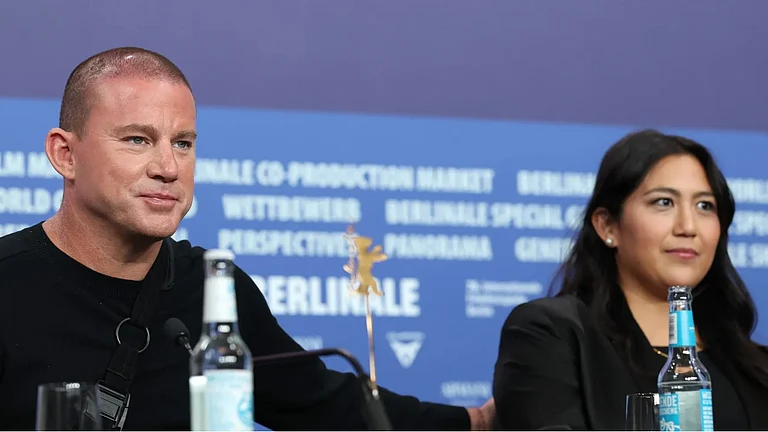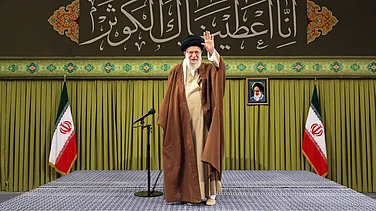The BBC is facing a formal investigation by Ofcom after an internal review found that a documentary about children in Gaza breached editorial rules concerning factual accuracy. The programme featured a young narrator whose parent held a senior role in the Hamas-run government in Gaza, a connection that was not disclosed to the broadcaster.
The documentary, Gaza: How to Survive a Warzone, was taken offline in February 2025 after it emerged that the 13-year-old boy narrating the film is the son of Ayman al-Yazouri, who has previously served as deputy minister of agriculture under Hamas. The programme was produced by an external company, Hoyo Films, which failed to inform the BBC of the narrator’s family background.
According to the BBC’s review, the omission constituted a breach of editorial standards related to accuracy, though there was no evidence that the child's father had any influence over the content, nor that the programme lacked impartiality. The review also found that Hoyo Films bore primary responsibility for the oversight but had not acted with intent to mislead.
In response to the incident, the BBC has introduced new editorial measures. Director-General Tim Davie described the failure as “significant” and announced the creation of a board-level post to oversee journalistic content in documentaries. Additional steps include more thorough background checks on contributors and revised guidelines on the use of narrators.
Ofcom, the UK’s media regulator, confirmed on 14 July that it had opened an inquiry into whether the broadcast had misled viewers in breach of its standards for factual programming.
The case has drawn political attention. Culture Secretary Lisa Nandy questioned why no disciplinary action had been taken, and the BBC has received a wide range of public responses, including complaints from viewers who felt the film was biased against Israel, as well as criticism over its removal.
Over 500 public figures, including filmmakers and actors, signed an open letter opposing what they viewed as a politicised backlash against the documentary. They warned that efforts to discredit the film could contribute to silencing Palestinian narratives in British media.
Separately, more than 100 BBC journalists have raised concerns about editorial decisions relating to Gaza coverage, including the corporation’s refusal to broadcast a different film, Gaza: Medics Under Fire. In a letter to senior management, staff suggested that the organisation may be overly cautious in its reporting on Israel.
The broadcaster has also come under fire for airing a live performance at Glastonbury Festival in which a music act led chants critical of the Israeli military. Prime Minister Keir Starmer was among those who condemned the broadcast.
The conflict in Gaza began on 7 October 2023, when Hamas launched a large-scale assault in southern Israel, resulting in around 1,200 deaths and the taking of more than 250 hostages. While some captives were freed during earlier truces, Israeli military operations in Gaza have since resulted in over 58,000 reported deaths, according to the territory’s health authorities. These figures include combatants and civilians, though the health ministry does not separate the two in its reporting. International organisations including the UN treat the data as broadly reliable.






















